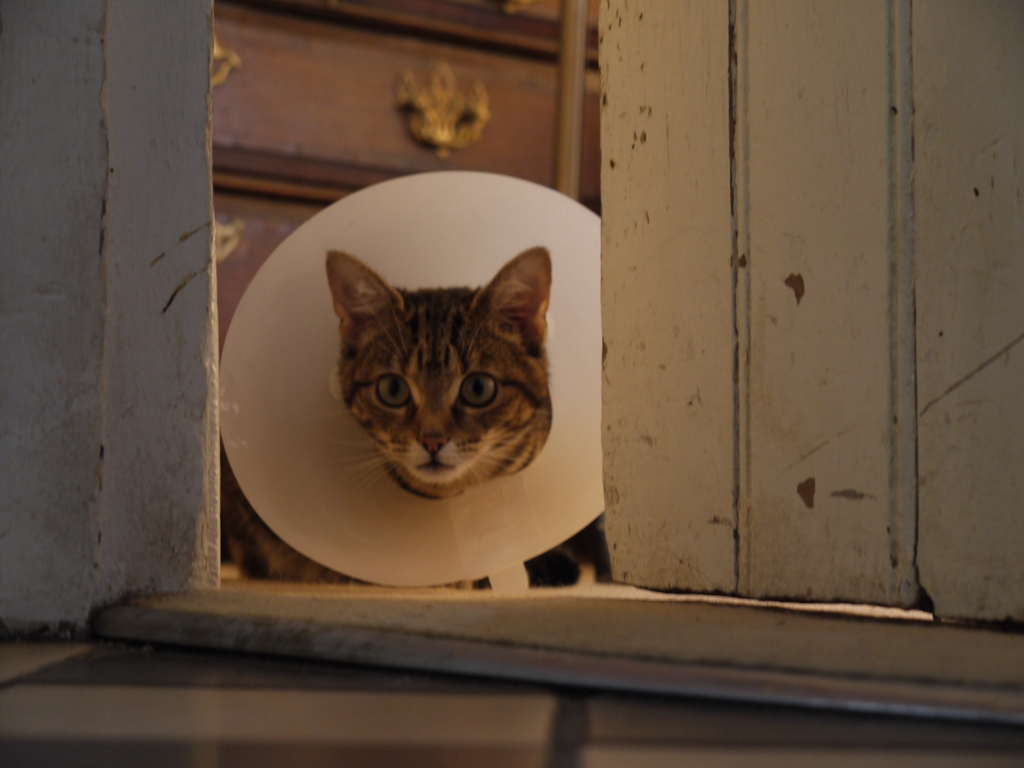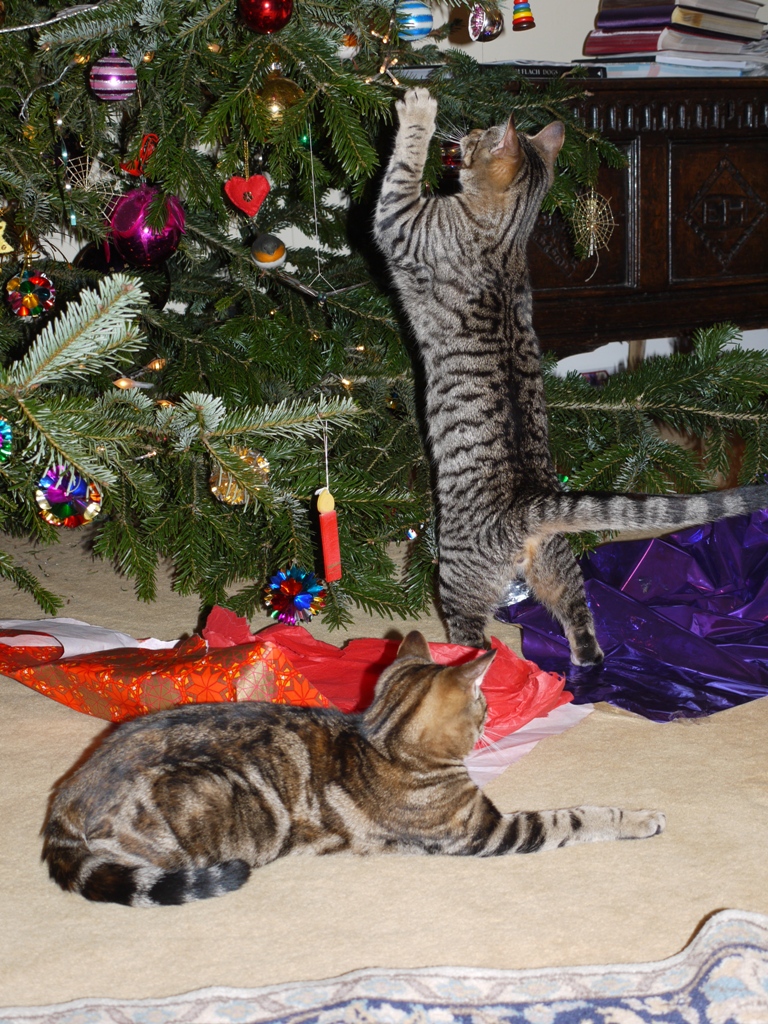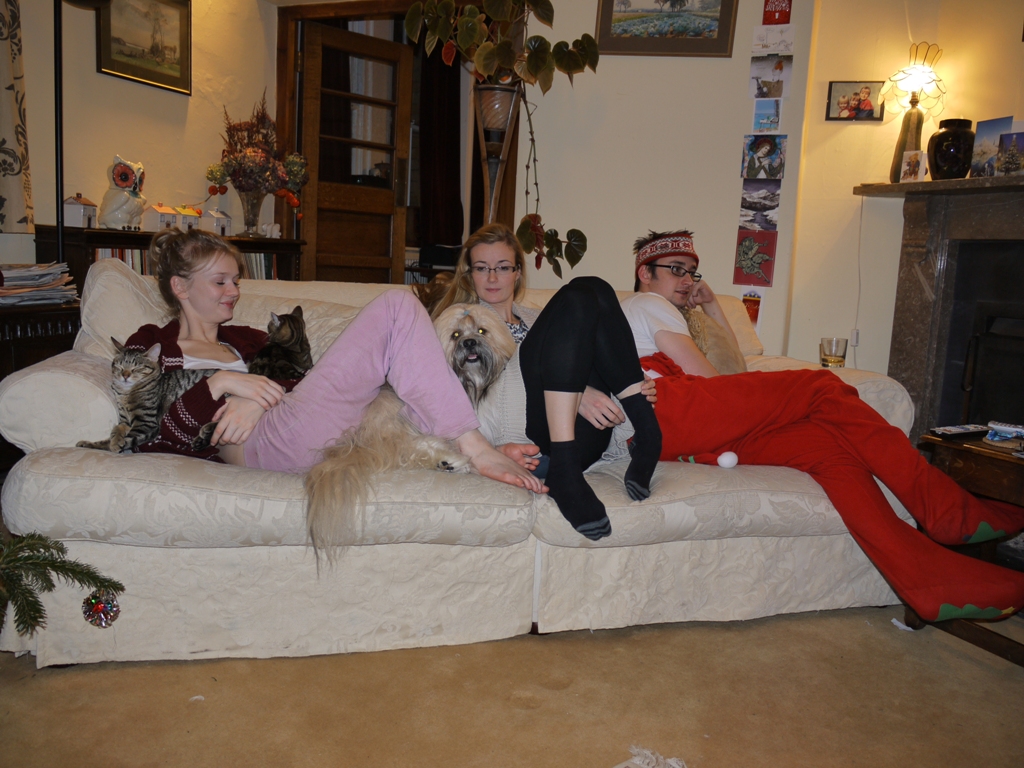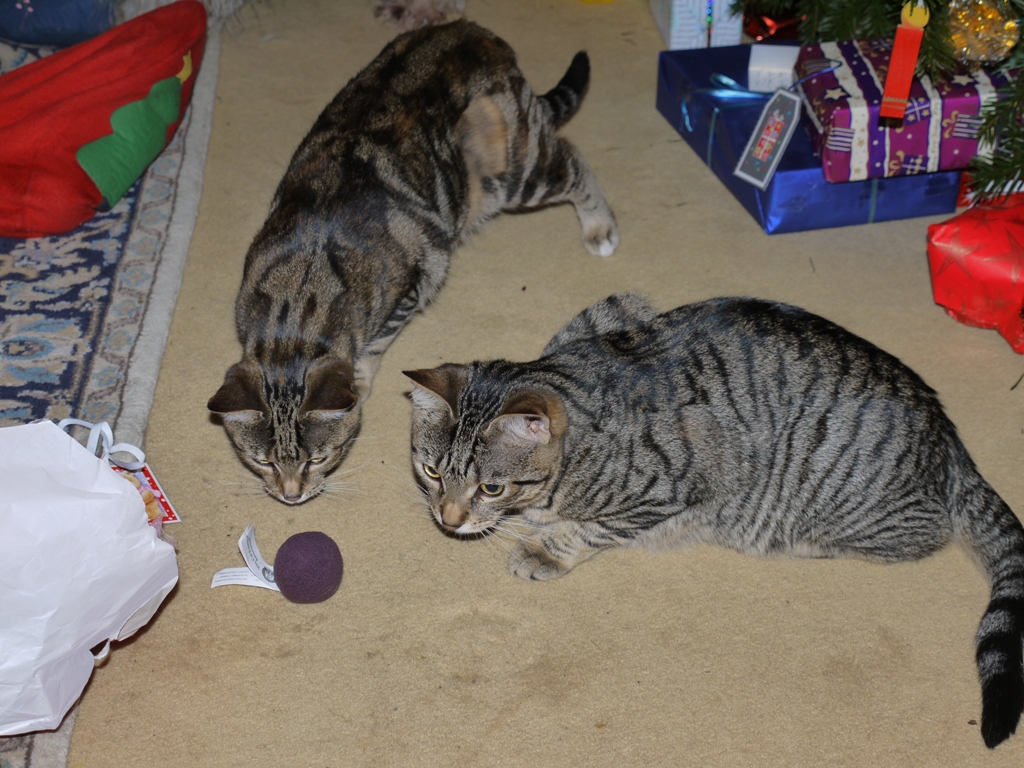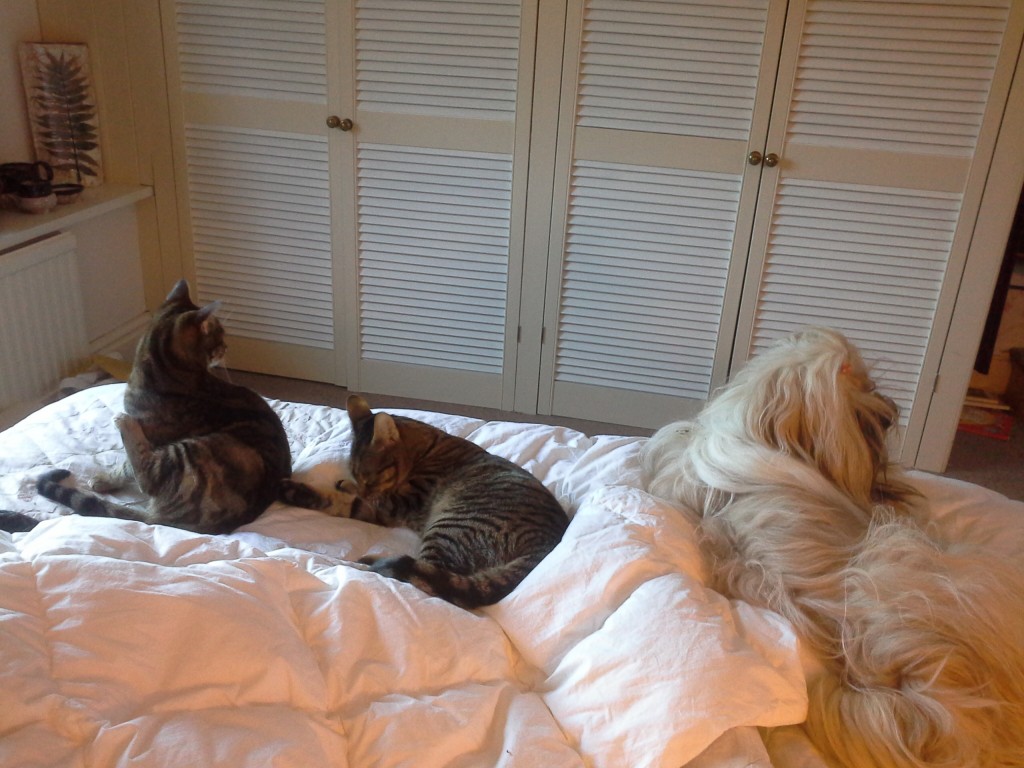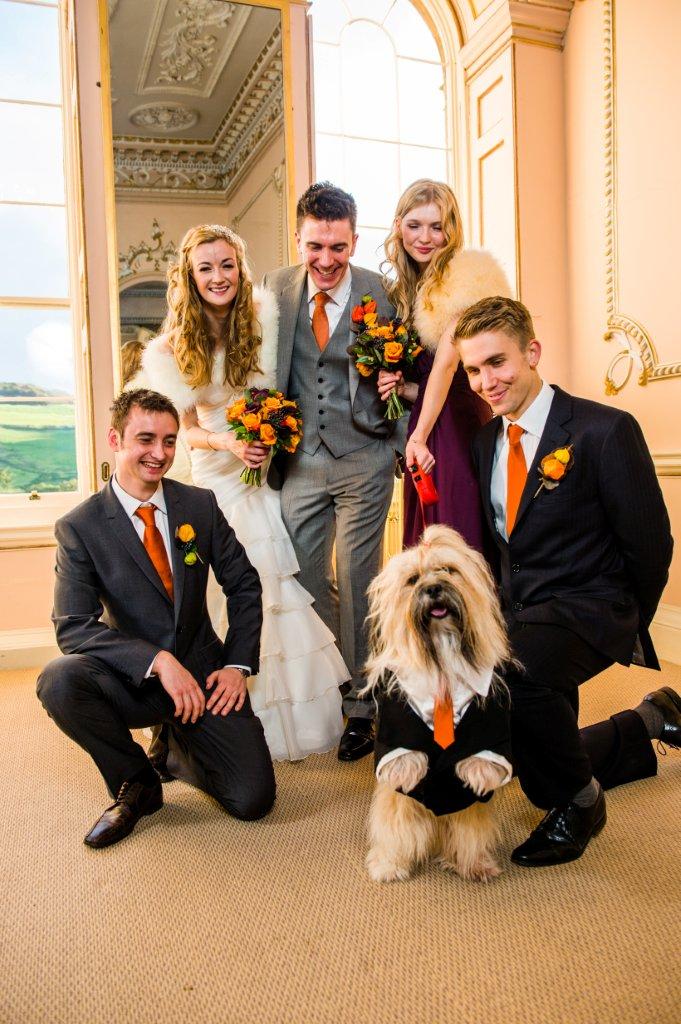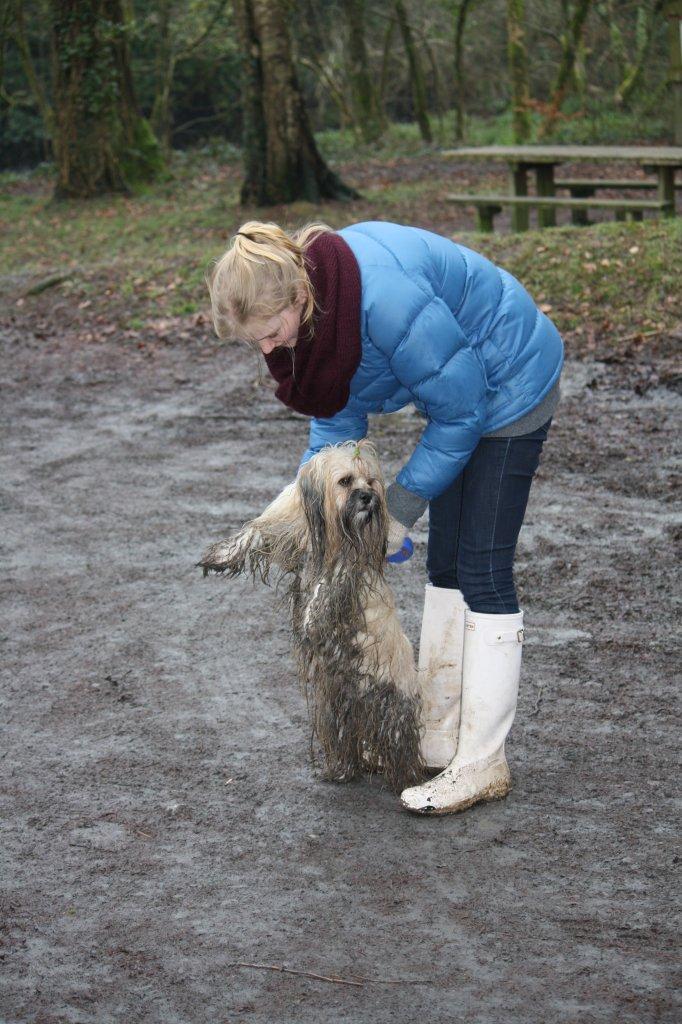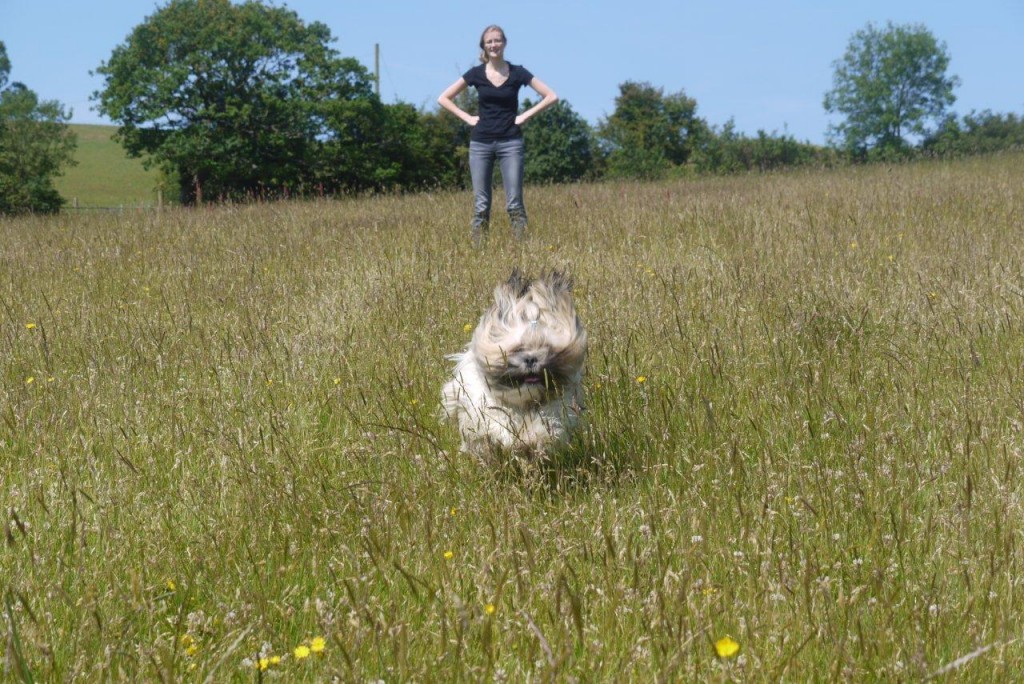by The Curious Scribbler
In November 2012 I wrote about Boris and Bertha, our new tabby kittens, latest in a distinguished series of tabbies to dwell at this house. Now they are adults, 18 months old.
Shortly after that post they underwent the indignity of being spayed – an obligation you have to sign up to in an explicit pledge if you get your kittens form the Cat’s Protection League. It’s undoubtedly a good rule to limit the feral cat population, though I can’t help also remembering fondly the days when we had un-neutered toms, Tomcat and later Kevin, whose rich private lives were hinted at by their erratic disappearances and by the hunger and occasional scars with which they returned home, triumphant. Kevin, in the 1990s contracted feline AIDS, and I remember the gloom which enveloped the household after his blood test revealed him to be FIV positive. The vet remarked that, in view of the diagnosis he was surprisingly well at present, and so we took him home and promoted him from “Black Cat” brand cat food at 12p a tin to little pieces of fresh cod and other nutritious delicacies. To everyone’s surprise Kevin thrived, and lived life to the full for another decade. His blood test had been promoted by the appearance of a sort of raw growth, a ‘Rodent Ulcer’ on his nose, an affliction comparable with Kaposi’s Sarcoma in people. Surprisingly, on his improved diet this regressed and healed, but it left him with a lopsided and slightly quizzical sneer on his face. When he wasn’t in pursuit of voles and rabbits he liked to go to church, where he would stroll up and down the aisle during the sermon. We never went with him. As one of the parishioners, the writer Kathleen Humphreys, informed me one day, “You may not be a churchgoer, my dear – but I would like to inform you that your cat is extremely devout.” Kevin was a huge personality and formed a close bond with Kay. So much so that she left him something in her will. Unfortunately he predeceased her.
Anyway, Boris (who was in any case destined to live with his sister) was deprived of his testicles in late November a year ago, and appeared not to notice their loss. For Bertha the experience was more trying and she excelled herself in her efforts to remove her stitches. The vet provided a sort of post surgical baby-gro for her to wear but she soon extracted herself from it. Instead she had to wear a humiliating lampshade on her neck and kept colliding with doorways she expected to pass easily through. Every day I would release her from her lampshade for while, so that she could eat in comfort, and play with her and take her mind off grooming her scar. By the time the vet removed the scratchy black stitches ten days later her tabby pattern was growing back as a soft velvet pelt on her shaved patch.
Christmas provided scope for new exploration, and both cats entered into the excitement of tinsel and glittery baubles, and the comfort of relaxing with their family.
And so we learned that Boris has a very special characteristic – he chatters his teeth! When his attention is caught by a bright ceiling light, or reflected sunlight tracking from a bauble across the wall, he gazes fixedly at it and his lower jaw judders to audibly rattle his teeth. He will chatter his teeth in short bursts for minutes on end. No previous cat of my acquaintance has performed this trick. He catches mice and voles too, though he has not yet found out how to eat them and leave the gall bladder on the mat. Bertha is particularly adept at catching flies.
The relationship between the cats and Otto the Lhasa Apso is everything I could have wished, the three are firm friends. The cats often sleep together, and groom and play fight amongst themselves. Both cats also submit to having their ears groomed by affectionate dog licks, and present themselves for inspection when they re-enter the house. Otto and Boris also have an understanding where wild cat chases are concerned. These are invariably initiated by Boris and may involve several circuits within the house. But my morning tea time is pet chill-out time, and all three animals adopt positions of ease around me on the bed.

